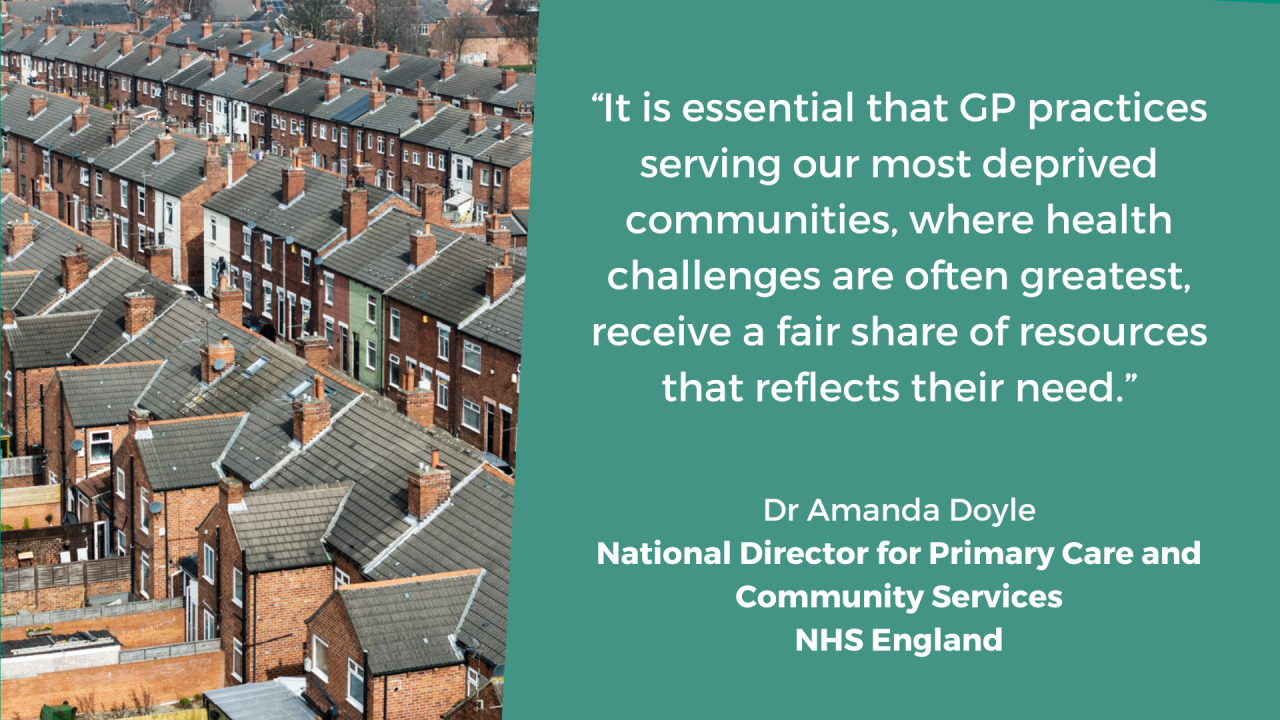The government has confirmed that the 10-Year Health Plan that will see billions of pounds redirected to deprived communities, aiming to reverse decades of health inequality and rebuild the NHS from the ground up.
The plan takes unprecedented action to address the ‘inverse care law’, where areas with the greatest health needs often have the fewest resources. Working-class communities, coastal towns, and rural areas — where life expectancy is lower and illness more prevalent — will be prioritised for investment in staff, services, and infrastructure.
By eliminating the culture of financial deficits in NHS trusts, the government will reallocate £2.2 billion previously earmarked for deficit support. This funding will now go directly to:
- Hiring more NHS staff
- Investing in new medical technology and equipment
- Expanding access to care in underserved areas
From 2026–27, deficit support will be phased out entirely, replaced by a transparent financial regime that holds NHS leaders accountable and rewards performance, not failure.
The plan also addresses stark inequalities in GP funding. Currently, surgeries in working-class areas receive 10% less per patient than those in wealthier regions, despite having 300 more patients per GP on average.
The government will review the current GP funding formula, working with the Advisory Committee on Resource Allocation (ACRA), the British Medical Association (BMA), and other stakeholders to ensure funding reflects actual health needs.
- Top NHS doctors have been deployed to struggling hospitals in areas with high economic inactivity.
- A new agreement with the independent sector will give patients in deprived areas more choice over where they receive treatment.
- The plan builds on recent action to tackle maternity care inequalities, including a national investigation into why Black women are nearly three times more likely to die in childbirth than white women.

Commenting on this, NHS England’s National Director for Primary Care and Community Services, Dr Amanda Doyle, said:
“It is essential that GP practices serving our most deprived communities, where health challenges are often greatest, receive a fair share of resources that reflects their need.
“The NHS is committed to ensuring people can access the help they need as quickly and easily as possible and ensuring funding reflects this will help us to do just that.”
Image credit: iStock



















